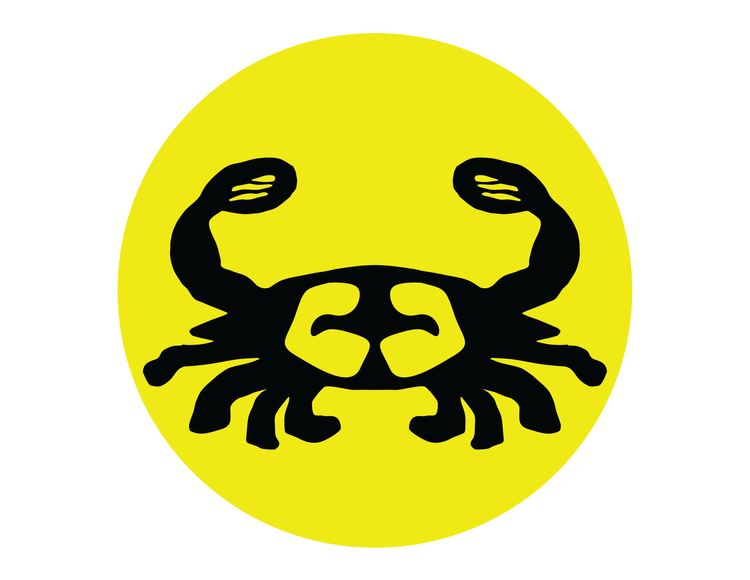There always seems to be a call for the reformation of the black man’s image; campaigns to pull up our pants, Nivea’s overtly racist “Civilize Yourself” ad, encouragement to dress “proper”. This push has gotten increasingly annoying to me over the years. When I was about five or six, my father picked me up to spend time with him and I remember wearing some kind of baseball cap. When we were getting out of his car, he told me that he didn’t want me to wear my hat sideways anymore. “Backwards and forward is fine but just don’t wear it to the side,” is what he said. When I asked why, he told me because that’s what the boys at the top of the block were wearing and he didn’t want me grouped in with them…something like that. That day has never left me. At the time I didn’t know why I felt weird about him putting those restrictions on me but I do remember that I didn’t agree and when I went back with my mother, I wore my hats sideways when I wanted to. I remember being a teenager and having my mother or people in my neighborhood stop me to say, “Be careful of how you present yourself,” and being equally annoyed as I was at five or six. I now understand that these suggestions were out of fear of how white people viewed me and what they might do to me because of it. Still, that doesn’t move me enough to want to change my appearance—at least not in order to ease whites' digestion of who I am.
When first finding out about Jidenna on The Breakfast Club a few months back, I was admittedly annoyed from the jump by the plethora of accessories, fitted suit and conked/curled/whatever hair. I probably disliked him before ever hearing a lyric but it wasn't out of sheer bias; hearing him fetishize over the looks of decades past and how that exuded dignity brought back those childhood instances of people around me attempting to cloak my blackness. His track “Classic Man”—an extremely catchy, yet lyrically weak song like most of the radio--expands on the “present yourself properly and you’ll earn respect, young black man” rhetoric and is being played everywhere right now (even Kendrick Lamar hopped on the remix), making it the current activator for “I wish more black men would carry themselves this way” bullshit that fills my Facebook and Twitter feeds.
If for nothing other than self-gratitude, why do black men always face the opposition of their image? Nightgown-length white tees and six sizes-too-large pants weren't the brightest moment in black fashion but it had very little to do with the position black men found themselves in at that time; Just as rocking anything other than a suit does today. Sagging pants, gold teeth, dreads, three piece suits, conks, cuff links all have one thing in common: they're invisible to a racist that has already decided who and what you are. Being a “classic man” sounds no different than giving up your blackness to become the "new black" as Pharrell idiotically recommended last year. In his interview with Oprah he said, “The ‘new black’ doesn’t blame other races for our issues. The ‘new black’ dreams and realizes that it’s not a pigmentation; it’s a mentality. And it’s either going to work for you, or it’s going to work against you. And you’ve got to pick the side you’re gonna be on.” Thinking this way as a black person is irresponsible and dangerous as hell, to say the least. The black perception is not and never has been a black issue. We know that we are dignified. We know that it’s not about skin color. We know we are capable of greatness. Thinking otherwise and influencing other groups to think the same (including blacks’ view of themselves) has been crucial to the success of the white supremacist agenda.
There is nothing wrong with taking pride in your appearance or presenting yourself as a dandy the way Jidenna does. What is wrong and detrimental to the thought process of black men is the notion that presenting yourself this way is somehow superior to anything less buttoned-up. A quick search on Google Images will show you that black men sharply dressed in suits during pre-Civil Rights America were beaten bloody on the street by white men whose gazes were so blank, they could not possibly care about what they were wearing. All they saw was a black man—a man they hated just for existing.

